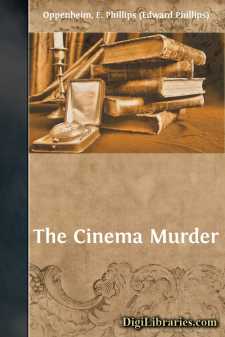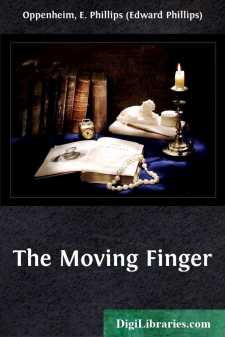Categories
- Antiques & Collectibles 13
- Architecture 36
- Art 48
- Bibles 22
- Biography & Autobiography 814
- Body, Mind & Spirit 145
- Business & Economics 28
- Children's Books 17
- Children's Fiction 14
- Computers 4
- Cooking 94
- Crafts & Hobbies 4
- Drama 346
- Education 53
- Family & Relationships 59
- Fiction 11833
- Foreign Language Study 3
- Games 19
- Gardening 17
- Health & Fitness 34
- History 1377
- House & Home 1
- Humor 147
- Juvenile Fiction 1873
- Juvenile Nonfiction 202
- Language Arts & Disciplines 88
- Law 16
- Literary Collections 686
- Literary Criticism 179
- Mathematics 13
- Medical 41
- Music 40
- Nature 179
- Non-Classifiable 1768
- Performing Arts 7
- Periodicals 1453
- Philosophy 66
- Photography 2
- Poetry 897
- Political Science 203
- Psychology 45
- Reference 154
- Religion 516
- Science 126
- Self-Help 85
- Social Science 82
- Sports & Recreation 34
- Study Aids 3
- Technology & Engineering 59
- Transportation 23
- Travel 463
- True Crime 29
Our website is made possible by displaying online advertisements to our visitors.
Please consider supporting us by disabling your ad blocker.
The Cinema Murder
Categories:
Description:
Excerpt
BOOK I
CHAPTER I
With a somewhat prolonged grinding of the brakes and an unnecessary amount of fuss in the way of letting off steam, the afternoon train from London came to a standstill in the station at Detton Magna. An elderly porter, putting on his coat as he came, issued, with the dogged aid of one bound by custom to perform a hopeless mission, from the small, redbrick lamp room. The station master, occupying a position of vantage in front of the shed which enclosed the booking office, looked up and down the lifeless row of closed and streaming windows, with an expectancy dulled by daily disappointment, for the passengers who seldom alighted. On this occasion no records were broken. A solitary young man stepped out on to the wet and flinty platform, handed over the half of a third-class return ticket from London, passed through the two open doors and commenced to climb the long ascent which led into the town.
He wore no overcoat, and for protection against the inclement weather he was able only to turn up the collar of his well-worn blue serge coat. The damp of a ceaselessly wet day seemed to have laid its cheerless pall upon the whole exceedingly ugly landscape. The hedges, blackened with smuts from the colliery on the other side of the slope, were dripping also with raindrops. The road, flinty and light grey in colour, was greasy with repellent-looking mudвÐâthere were puddles even in the asphalt-covered pathway which he trod. On either side of him stretched the shrunken, unpastoral-looking fields of an industrial neighbourhood. The town-village which stretched up the hillside before him presented scarcely a single redeeming feature. The small, grey stone houses, hard and unadorned, were interrupted at intervals by rows of brand-new, red-brick cottages. In the background were the tall chimneys of several factories; on the left, a colliery shaft raised its smoke-blackened finger to the lowering clouds.
After his first glance around at these familiar and unlovely objects, Philip Romilly walked with his head a little thrown back, his eyes lifted as though with intent to the melancholy and watery skies. He was a young man well above medium height, slim, almost inclined to be angular, yet with a good carriage notwithstanding a stoop which seemed more the result of an habitual depression than occasioned by any physical weakness. His features were large, his mouth querulous, a little discontented, his eyes filled with the light of a silent and rebellious bitterness which seemed, somehow, to have found a more or less permanent abode in his face. His clothes, although they were neat, had seen better days. He was ungloved, and he carried under his arm a small parcel, which appeared to contain a book, carefully done up in brown paper.
As he reached the outskirts of the village he slackened his pace. Standing a little way back from the road, from which they were separated by an ugly, gravelled playground, were the familiar school buildings, with the usual inscription carved in stone above the door....












